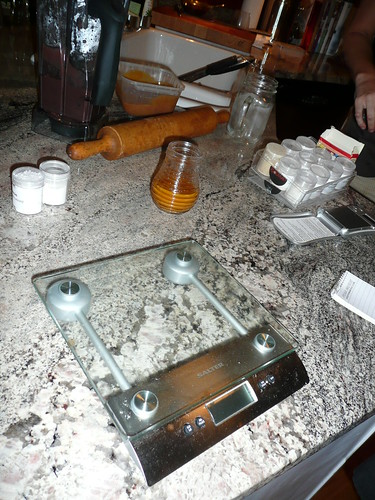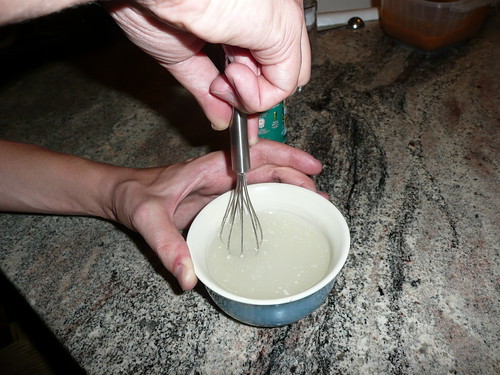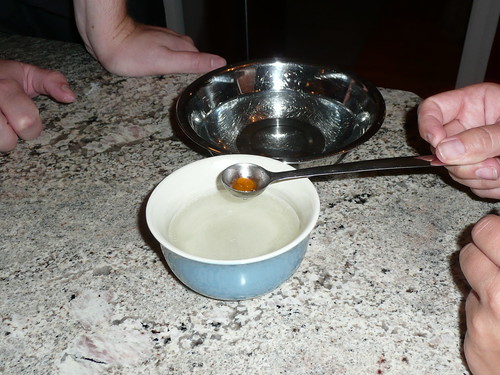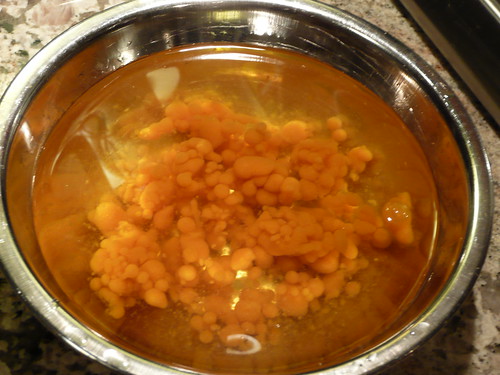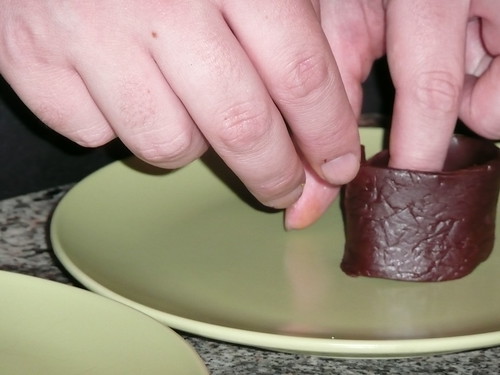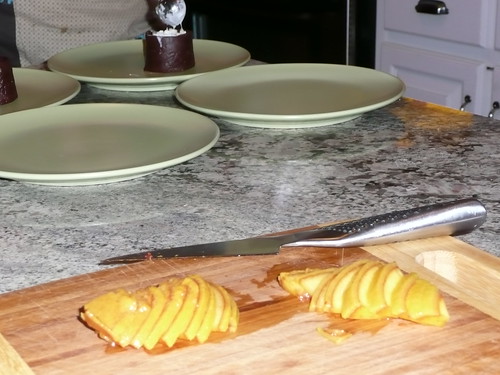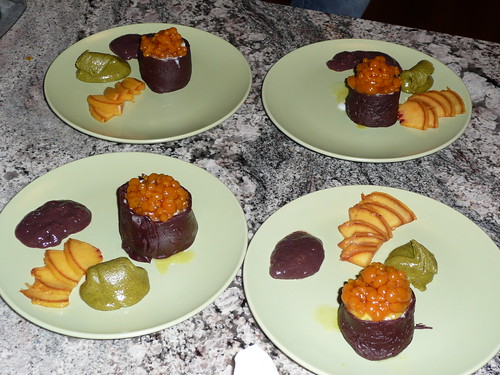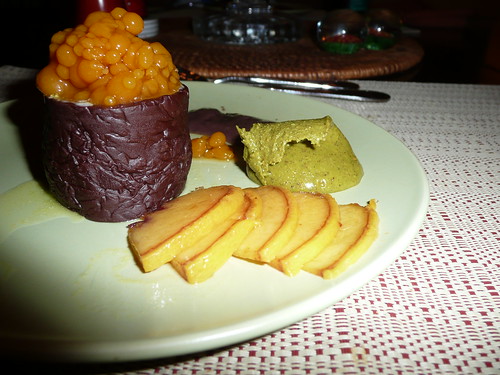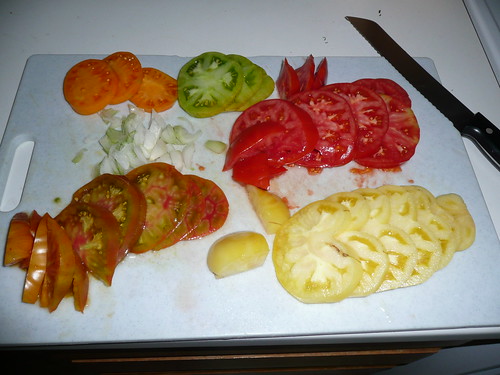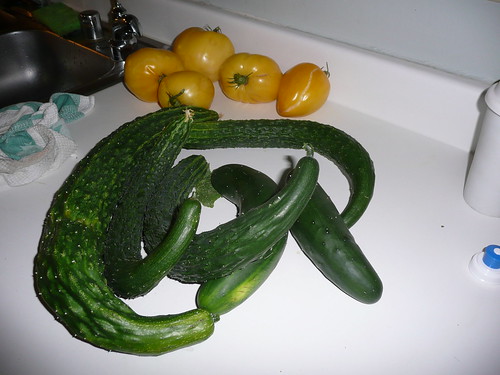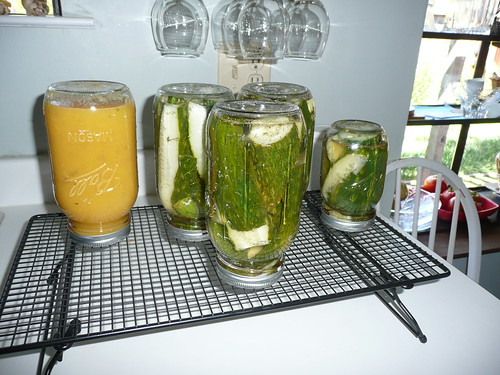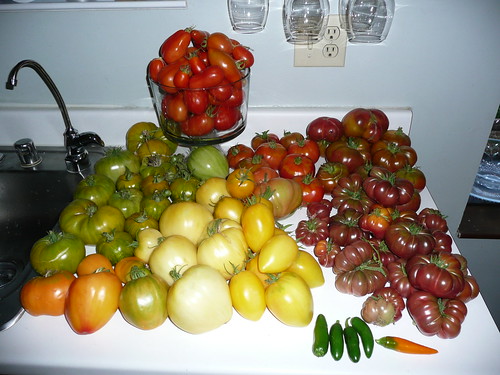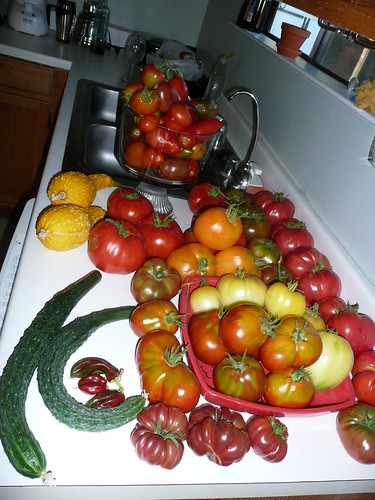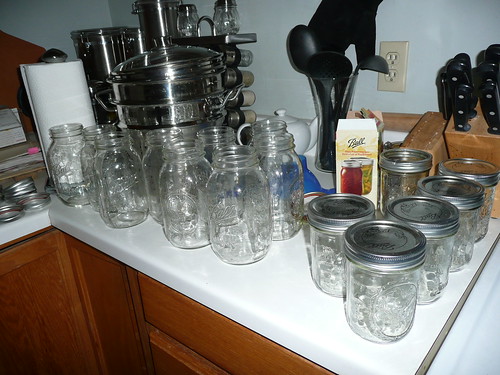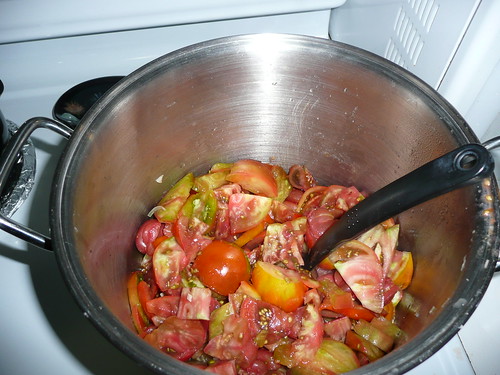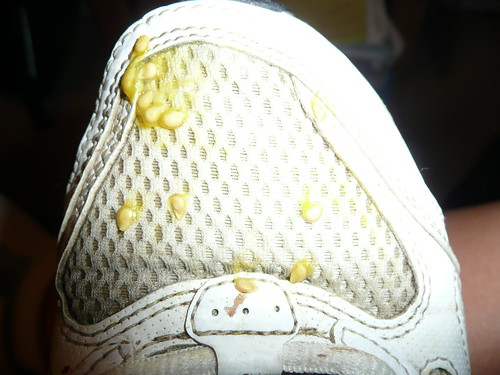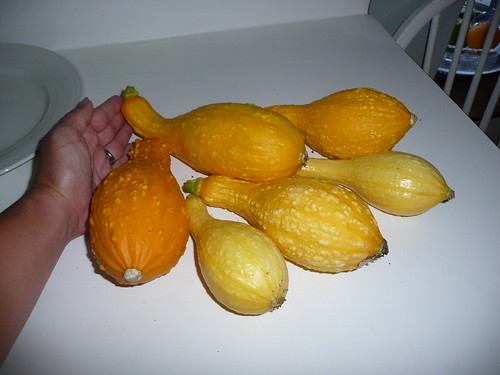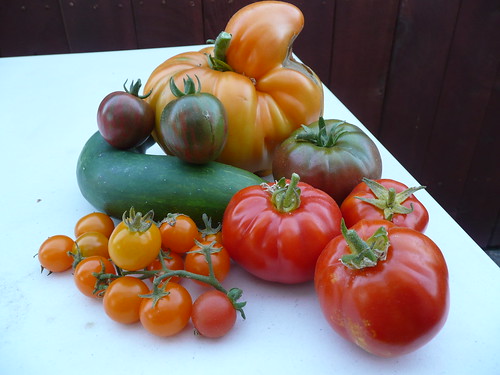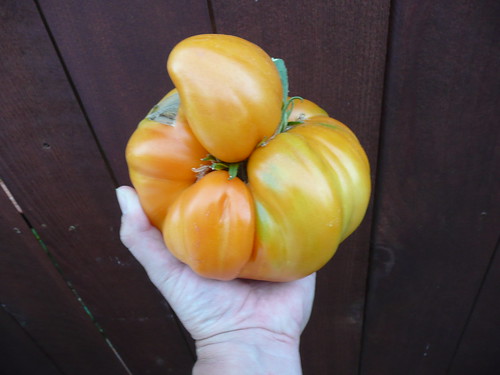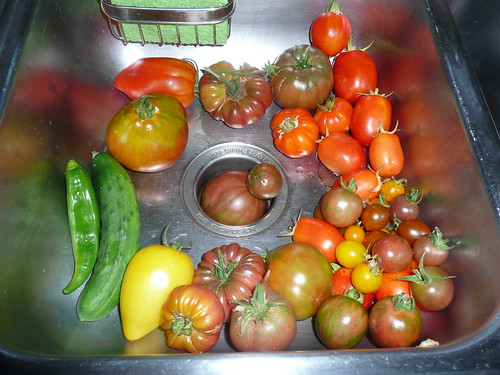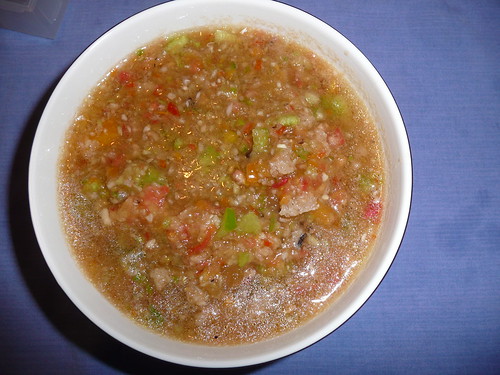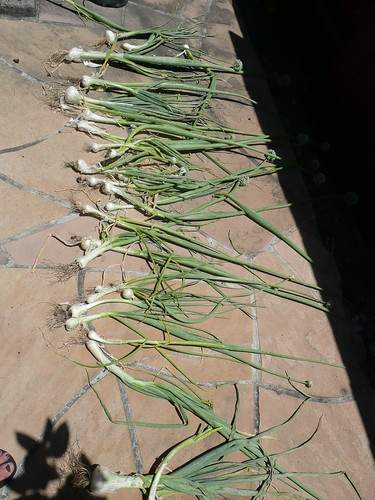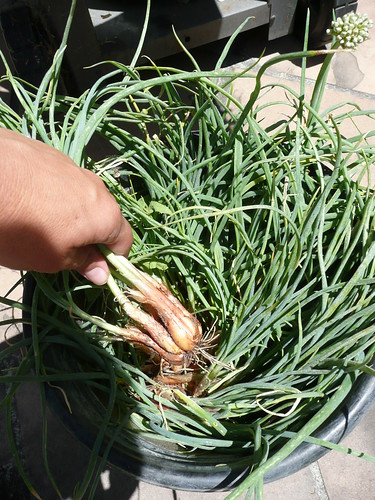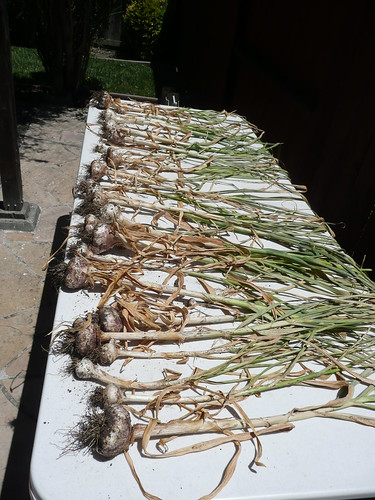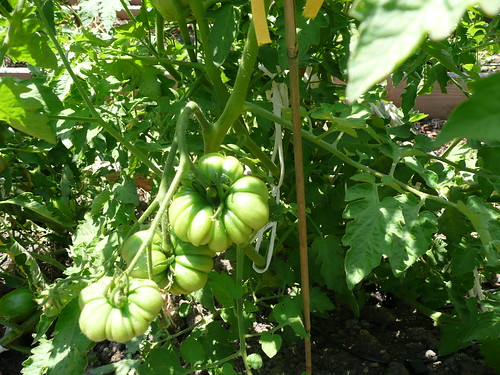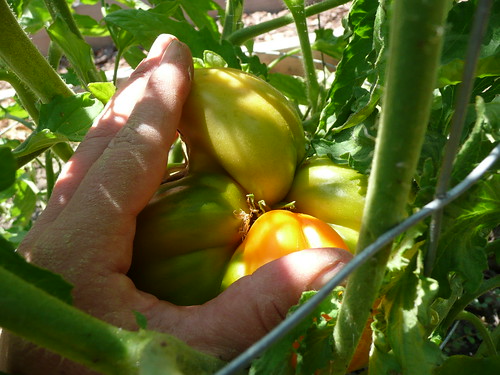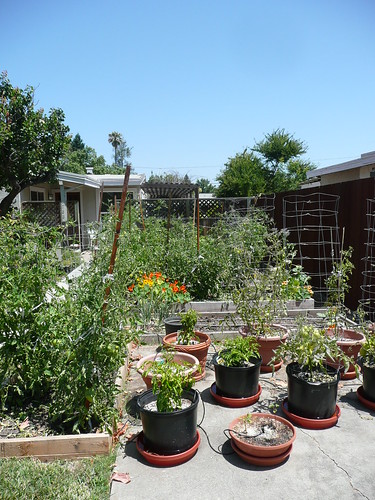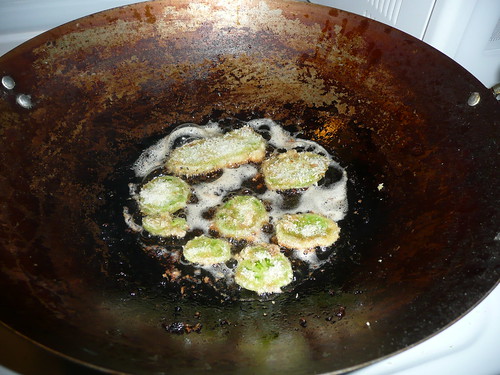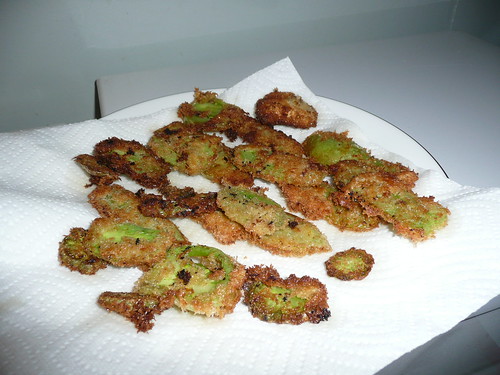Today, I arrived at the Clean Technology Law Symposium excited to learn more about the current state of the law in clean tech.
It was an excellent event, and the organizers deserve much credit and thanks. Overall, I found myself continually impressed by how many areas of the law are implicated with clean tech law, policy, and business. Speakers touched on antitrust, international intellectual property, patent pools, compulsory licensing, economics, politics, state regulation, federal regulation, international treaties, financing, science, the current technology of the energy grids in deployment, and new developments in technology.
Arthur J. O’Donnell, executive director of CRS (the Center for Resource Solutions) gave a great keynote full of the history and culture behind the U.S. and California energy grid development and regulation. He pointed out that in most clean tech companies and industry events, there is a real dearth of folks from the existing utilities communities. And, in his opinion, leaving them out of the conversation is a big mistake. The large public utilities and the regulations that govern them are huge forces in the energy market and will continue to be so, regardless of where the clean tech revolution takes us.
Additionally, Matthew Dunne of ARPA-E (a subsidiary of the US Department of Energy) spoke about the financial assistance his organization provides to innovators in clean tech. Unfortunately, there are currently no open solicitations for competitive bids, however, he did inform us that ARPA-E does accept unsolicted proposals.
I left with a very real sense that clean tech is an exciting area for disruptive technology and, a very dynamic area of the law due the number of intersecting legal subspecialties it touches.

